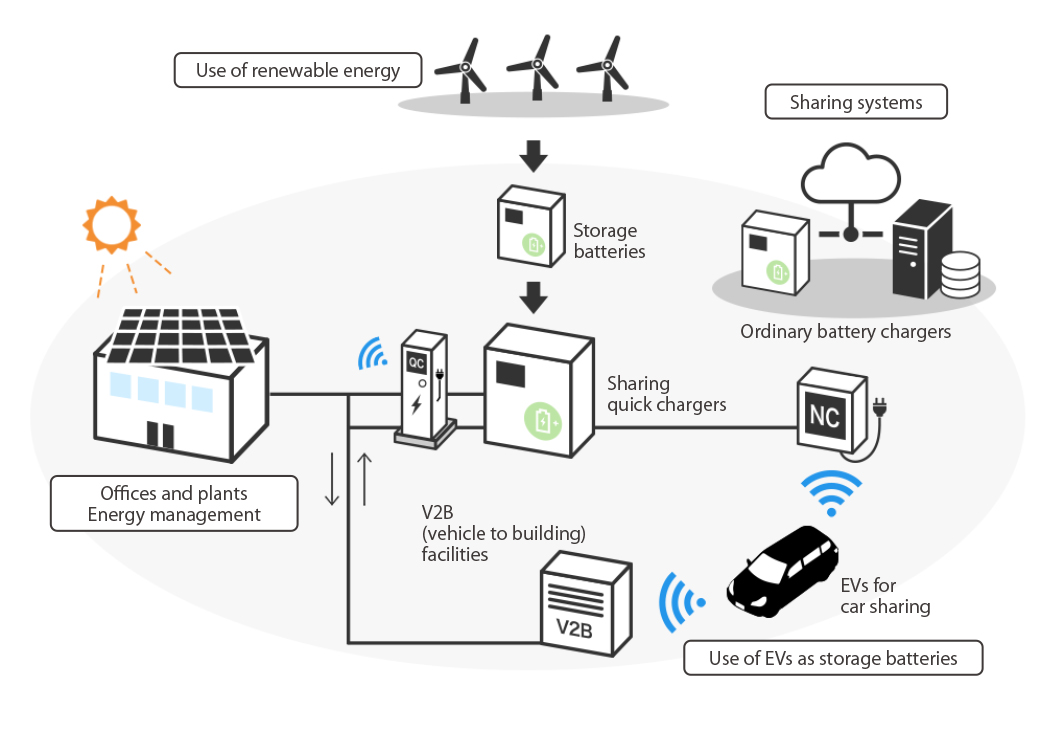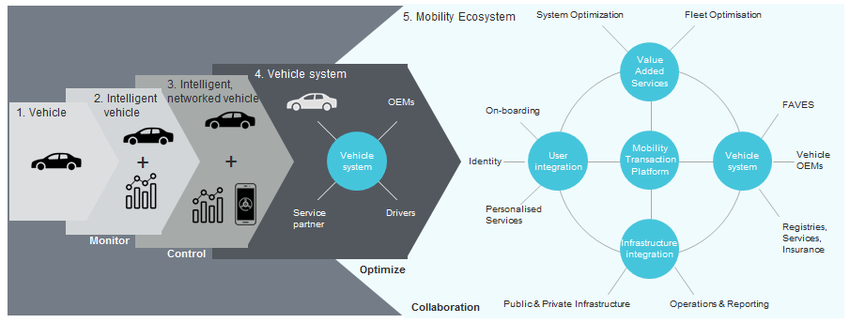
The Role of Corporate Responsibility in Advancing Eco Vehicle Technologies
Introduction
Corporate responsibility plays a crucial role in advancing eco vehicle technologies. This article provides a brief overview of the topic, highlighting its relevance and importance in the automotive industry. It emphasizes the significance of corporate responsibility in promoting eco-friendly vehicle technologies and achieving sustainability goals.
Historical Background
The evolution of eco vehicle technologies has been shaped by influential events and policies. From the early development of electric vehicles to the introduction of hybrid vehicles and hydrogen fuel cells, various advancements have paved the way for sustainable transportation solutions.
Key Concepts and Definitions
Corporate responsibility is explained as a concept that holds businesses accountable for their impact on society and the environment. In the context of eco vehicle technologies, it encompasses initiatives aimed at reducing carbon emissions, promoting energy efficiency, and developing sustainable transportation solutions. Various eco vehicle technologies such as electric vehicles, hybrid vehicles, and hydrogen fuel cells are defined and explained in detail. The importance of corporate responsibility in driving the progress and development of these technologies is also highlighted.

Main Discussion Points
Corporate Responsibility Initiatives
Voluntary sustainability programs and initiatives taken by corporations demonstrate their commitment to environmental stewardship.
Investments in research and development of eco vehicle technologies drive innovation and accelerate the transition towards sustainable transportation.
Integration of sustainable practices in the supply chain ensures the production and distribution of eco-friendly vehicles.
Collaboration and Partnerships
Collaborations between corporations, governments, and non-governmental organizations (NGOs) are instrumental in advancing eco vehicle technologies. By pooling resources and expertise, stakeholders can work together to overcome barriers and accelerate progress.
Joint ventures and partnerships enable the development and deployment of sustainable transportation solutions. By combining technological advancements and market knowledge, corporations can bring eco-friendly vehicles to the masses.
Consumer Awareness and Education
Corporate responsibility initiatives aim to educate consumers about the benefits of eco vehicle technologies. By raising awareness and providing accurate information, corporations can influence consumer behavior and drive demand.
Consumer demand plays a pivotal role in the adoption and advancement of eco vehicle technologies. As consumers become more conscious of their environmental impact, they are more likely to choose sustainable transportation options.

Case Studies or Examples
Tesla Motors
Tesla Motors has played a significant role in promoting electric vehicles and sustainable transportation solutions. Through its innovative electric cars and investment in charging infrastructure, Tesla has revolutionized the automotive industry.
Toyota
The Toyota Prius hybrid vehicle has been a pioneer in eco vehicle technologies. Its success has demonstrated the market potential of hybrid vehicles and influenced other automakers to invest in sustainable transportation solutions.
Volkswagen’s Dieselgate scandal
The Volkswagen Dieselgate scandal highlighted the importance of corporate responsibility and its consequences when disregarded. The controversy surrounding Volkswagen’s false claims of clean diesel vehicles underscored the need for transparency and ethical practices in the automotive industry.
Current Trends or Developments
Increase in investments and research in eco vehicle technologies by major corporations indicates a growing commitment to sustainability. This influx of resources will drive further advancements in the field.
Advancements in battery technology and charging infrastructure for electric vehicles are transforming the feasibility and accessibility of eco-friendly transportation. Improved batteries and widespread charging infrastructure will address range anxiety and accelerate the adoption of electric vehicles.
Government policies and regulations are crucial in promoting the adoption of eco vehicle technologies. Incentives, subsidies, and emissions regulations encourage automakers and consumers to prioritize sustainability and choose eco-friendly vehicles.

Challenges or Controversies
Economic barriers and cost considerations pose challenges for mass adoption of eco vehicle technologies. High upfront costs, limited infrastructure, and the need for ongoing maintenance can deter consumers from choosing sustainable transportation options.
Limited availability of charging infrastructure for electric vehicles hinders the widespread adoption of these vehicles. The expansion of charging networks is essential to address range limitations and promote consumer confidence.
Controversies surrounding greenwashing and false claims of corporate responsibility in the automotive industry erode trust and hinder progress. It is vital for corporations to ensure transparency and authenticity in their sustainability efforts.
Future Outlook
Potential advancements in eco vehicle technologies hold promise for a sustainable future. Continued research and development will lead to more efficient and affordable eco-friendly vehicles.
The growth of sustainable transportation solutions will have a significant impact on the environment and society. By reducing carbon emissions and promoting energy efficiency, eco vehicle technologies can contribute to a cleaner and healthier planet.
Corporate responsibility will play a pivotal role in shaping the future of eco vehicle technologies. By prioritizing sustainability and adopting responsible practices, corporations can drive the transition towards a greener automotive industry.
Conclusion
In conclusion, corporate responsibility is integral to advancing eco vehicle technologies. This article has discussed the significance of corporate responsibility in promoting sustainable transportation solutions, highlighted key concepts and definitions, and explored various discussion points. It emphasizes the need for corporations to prioritize sustainability and calls for a collective effort to shape a greener future.




